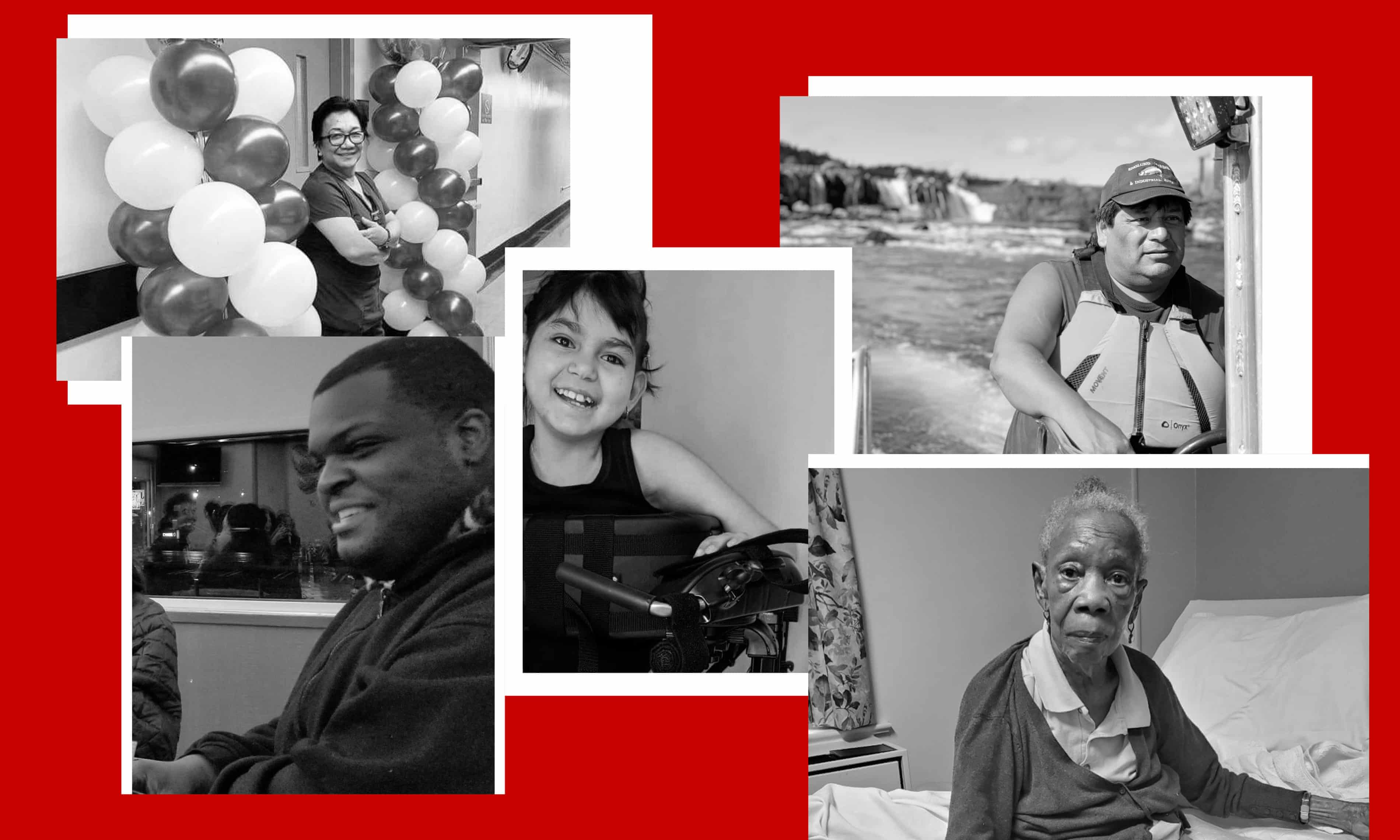
100,000 dead in the US
As the death toll of Covid-19 reaches 100,000 in the US: these lives lost, and missed
Loved ones pay tribute to those they have lost to the coronavirus pandemic, from a grandmother of seven to a 16-year-old
by Victoria Bekiempis, Amanda Holpuch, Lauren Aratani, Vivian HoThe worst pandemic in a century has claimed victims across the US.
Some groups have been particularly vulnerable, with those over 65 making up a large proportion of the fatalities, though all generations have been affected.
Three times as many black Americans have died compared with white Americans. Medical workers, grocery store employees and those in other essential jobs have been at increased risk.
Here, relatives and friends pay tribute to some of those they have lost.
A much-loved grandmother of seven
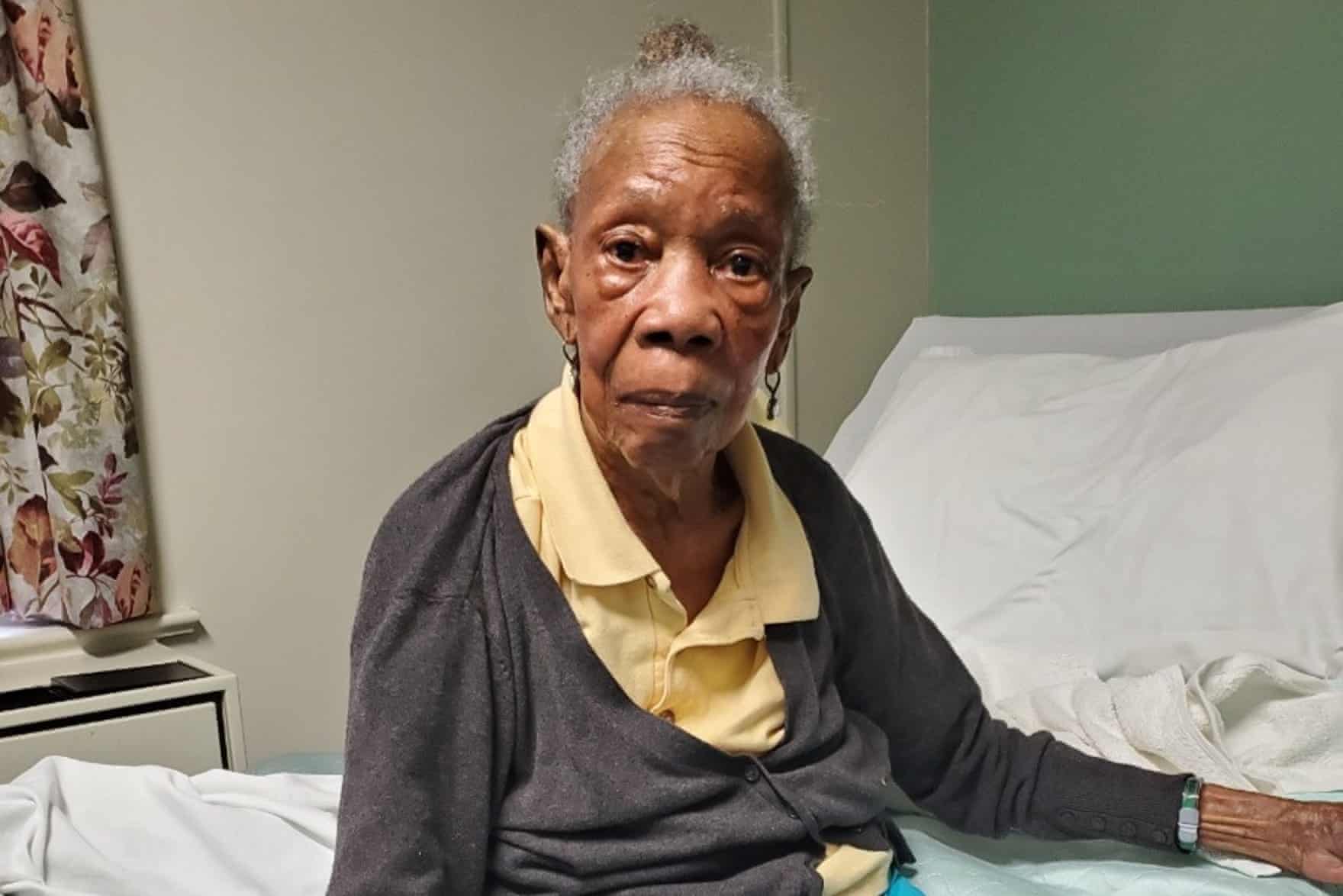
Beatrice Ogu, a homemaker who immigrated to the US from Nigeria in 1990, died last month at a Washington DC nursing home. Ogu, 94, was “easygoing, kind, always caring”, said Keith Ogu, one of her seven grandchildren. When Beatrice Ogu saw them, she was “full of joy”.
When Beatrice Ogu watched her grandchildren, “she let us do whatever we wanted. Sometimes it was a good thing, sometimes it wasn’t such a good thing,” he recalled fondly.
She came to the US after her son, Ethelbert Ogu, had immigrated and moved in with his growing family. Some of Keith Ogu’s most cherished recollections of her were when she walked him and his siblings to school. “She was older even back when we were super young” and rested a lot, so their walks together were like a special treat.
“It was just the fact that we got a little bonding time with her,” he said.
“She was definitely a good cook,” he also recalled, saying that she prepared traditional foods including okra and spinach soups and fufu, a staple made of pounded starch such as cassava.
In the last couple of years, Beatrice Ogu’s health had deteriorated to the point where she was moved into a nursing home. She could no longer walkand she had diabetes, he said.
The last time Keith Ogu and his siblings saw their grandmother was at Christmas. She was eating lunch when the family arrived, and they surprised her with gifts in the dining room.
When she fell ill, doctors initially said, “it’s just a minor fever” – not coronavirus.
“I had a sense of hope … that this isn’t going to kill her and that she’d recover from this,” Keith Ogu said. The diagnosis changed several days later. “To be told it actually was coronavirus, all hope was taken away,” he said.
The family have asked for help to pay for her burial and funeral. “I still just can’t believe that someone I’ve known since birth, I won’t ever be able to see again.” – VB
A Brooklyn nurse on the frontline
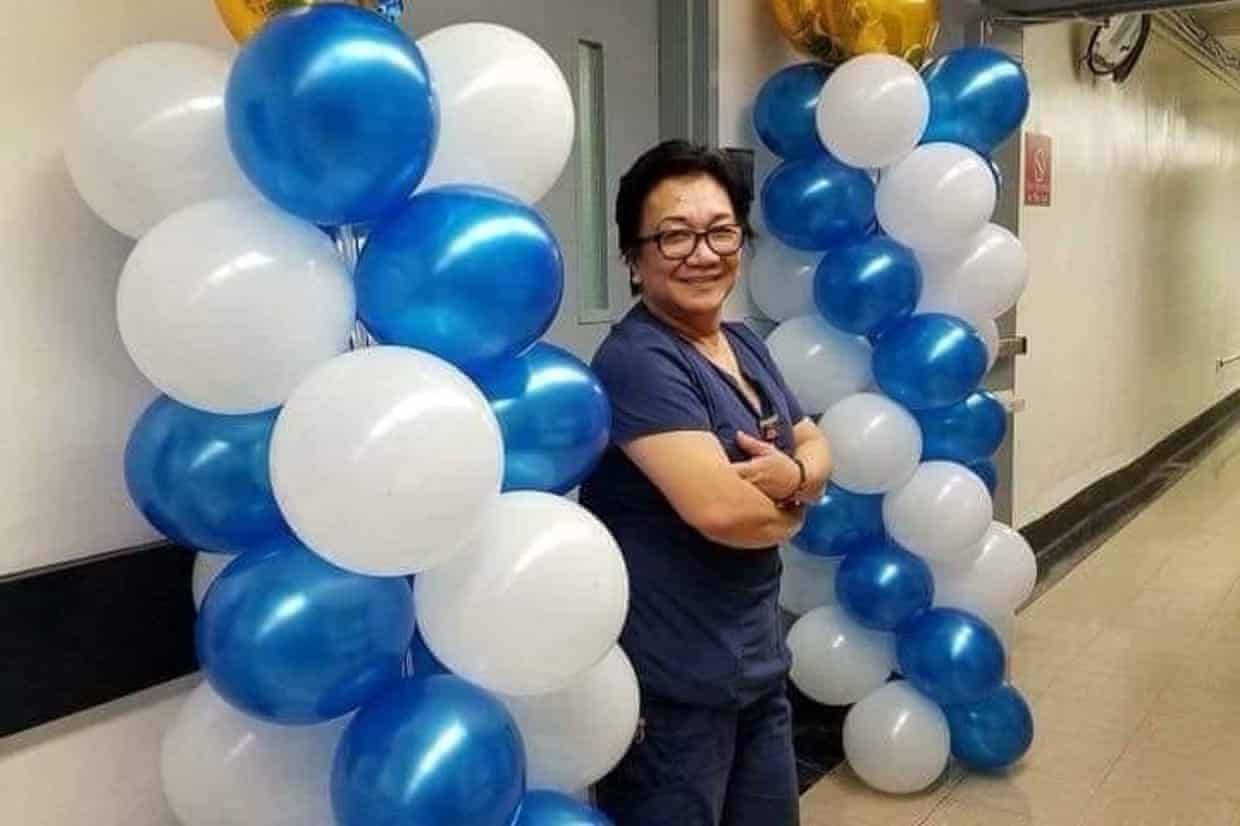
Outside Kings county hospital center in Brooklyn, New York, on a recent Friday night were dozens of healthcare workers, all still dressed in their scrubs, masks and protective gear, clutching white and blue balloons with messages written on them.
“We love you Mama Guia!” they shouted before releasing balloons, cheering as they floated into the sky in a city that has been hit hard by the virus.
The group gathered at 8pm, the time Maria Guia Cabillon would have started her typical 12-hour shift at the hospital, to pay tribute to the beloved nurse. Cabillon passed away from complications related to Covid-19 on 26 April at 63.
Across the US, dozens of healthcare workers like Cabillon have become victims of Covid-19 after taking care of patients who had the virus.
In mid-April, the Centers for Disease Control and Prevention estimated that 9,200 healthcare workers had tested positive for Covid-19 and at least 27 had died, though the count is probably much higher.
Cabillon was born and raised in Iloilo City, Philippines, eventually moving to New York to become a nurse. She worked at Kings county hospital for over 30 years.
Though she stood 5ft tall, Cabillon’s booming voice could be heard throughout the emergency room of Kings county hospital, where she worked on the frontline until she fell ill.
She was adored by colleagues throughout the hospital, earning the nickname “Mama Guia” for the love and care she showed to her patients and the nurses who worked under her.
Colleagues have paid tribute to her life and work, posting pictures and memories of Cabillon. An online fundraiser to help her family bring Cabillon back to the Philippines raised more than $60,000.
“Your love for the work you do is evident in everything you’ve done and how much you’ve affected every single life that was to cross your path,” wrote Shane DeGracia, a fellow nurse, on Facebook. “Your death is not in vain. You did what you loved til the very end, which was to take care of others.” – LA
‘Irreplaceable in our hearts’
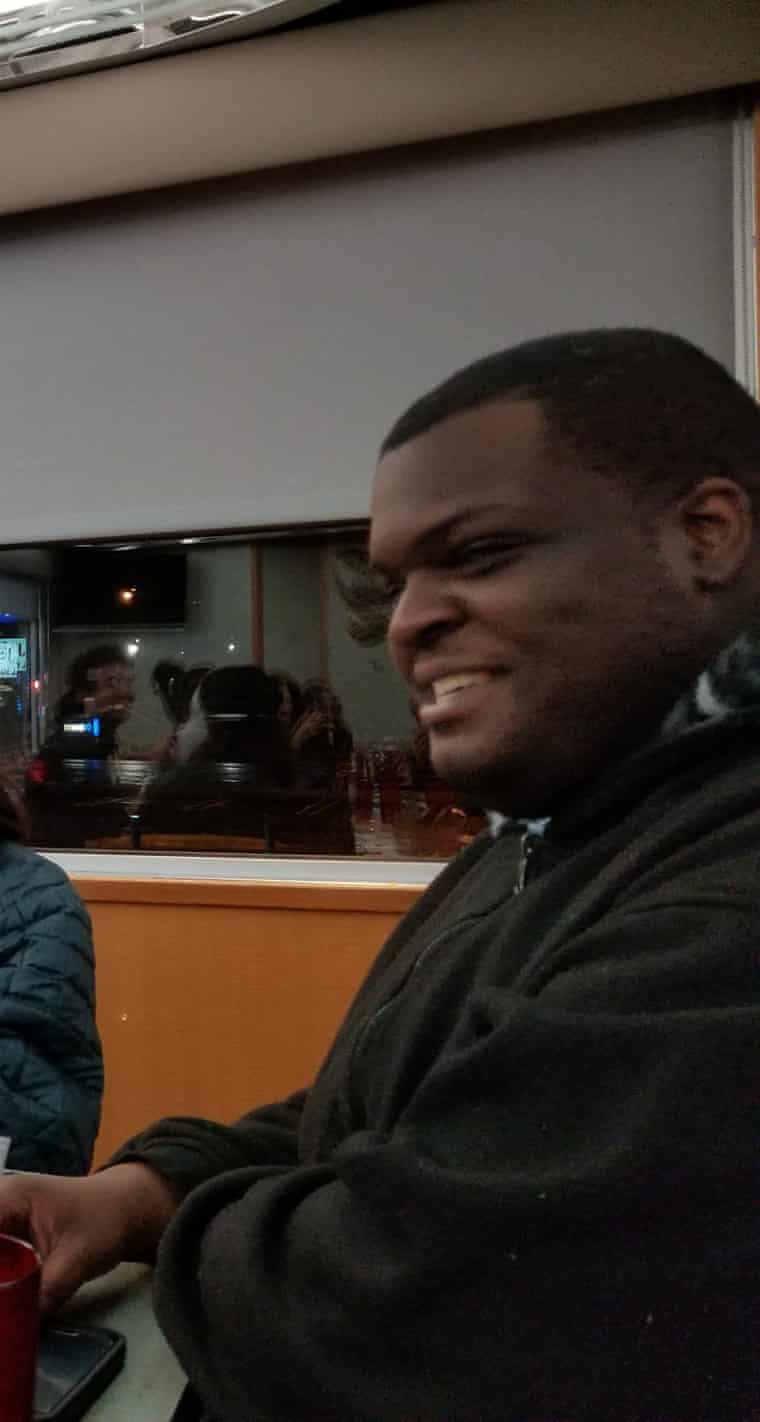
Lukenson Laguerre, described by those who knew him as “one of the sweetest people you can imagine”, died on 12 May. Laguerre, known as “Lukey” among those close to him, was 26.
Melissa Booker, a speech pathologist at the East Ramapo Central school district in New York who worked with Laguerre, said that his first job was at an after-school homework help center, Excellence in Education and Living Environments for Families (EELEF). Lukenson had once been a student at the center.
“He really just did everything in our office that we needed,” Booker said. “He had an expertise in understanding the computer and the wizardry that he could just fix anything or create anything or find lost things.”
For five years, Laguerre worked as production director on the Rockland Youth film festival, which was put on by EELEF. “He was the technical support that glued all of the work together,” she said.
“We decided not to do the festival without him,” she said. “There’s no way that we could replace him. He is literally irreplaceable in our hearts in that role.”
Laguerre’s most recent job was working as a clerical assistant in East Ramapo Central school district’s special student services division. “He dedicated his life to helping others,” Booker said.
“I loved singing with him. We would sing everything and harmonize perfectly,” said Ruth Laguerre, his younger sister, in a statement emailed to the Guardian by one of his friends. “I just want everyone to remember Luke being happy.”
Emmanuela Laguerre, his older sister, said in a statement emailed by one of his friends: “Luke was quiet but if you gave him the chance, he would talk to you about anything … We know that he is happy and he is probably trying to talk God into putting in some wifi up there in heaven.”
Laguerre is also survived by his mother, Claudette Leroy. – VB
‘We miss hugging her’
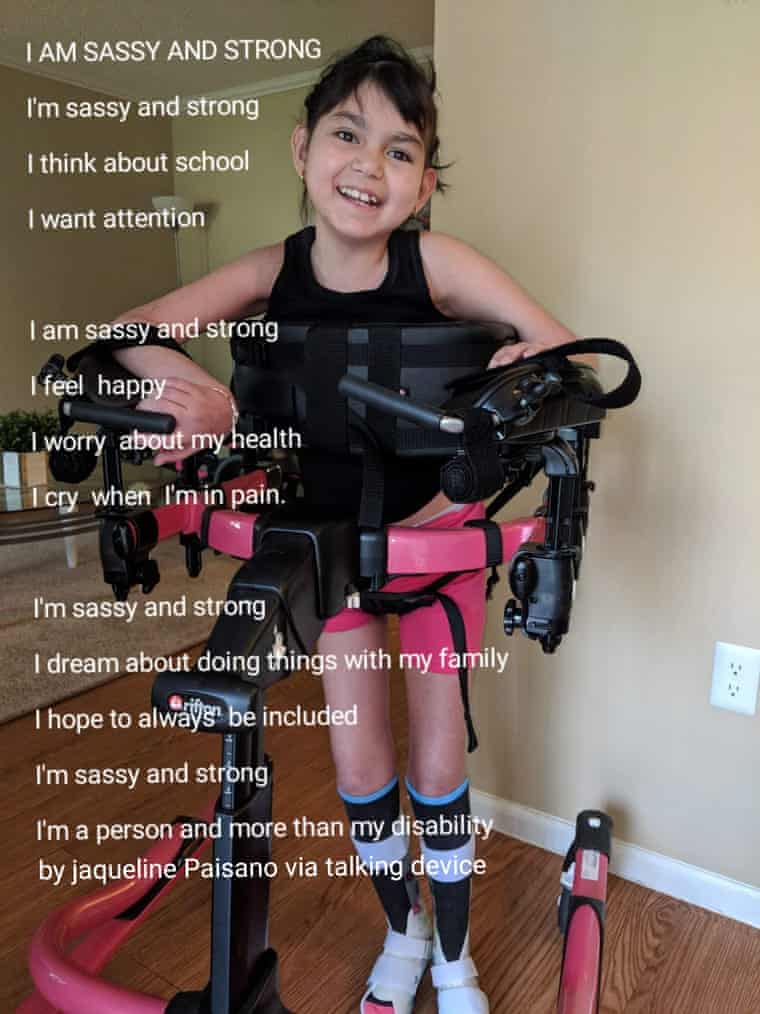
The first thing Roxanna Paisano saw each morning was her daughter Jackie’s smile.
The 16-year-old would pinch her mom to wake her up in the morning so they could get ready for school, where she loved to greet bus drivers, classmates and teachers with a big grin.
It’s the glowing smile which family, friends and doctors continue to talk about, just over a month after Jackie’s death. The teenager died of Covid-19 complications on 20 April – a month shy of her 17th birthday.
She would usually celebrate her birthday at school, where they would bring a cake and pizza, one of her favorite foods. In the classroom, they would put on music for her and her friends to dance to and used balloons to decorate.
“We miss hugging her,” Paisano said.
Jackie lost her ability to walk and talk after experiencing seizures because of a brain tumour starting at 18 months old.
She used a talking device to communicate and her mom said the buttons she pressed most were the ones which indicated she was happy. “They were her favorites, she pushed them all the time,” Paisano said.
After Jackie died, the school shared with her family a poem she had composed in class:
I am sassy and strong.
I dream about doing things with my family.
I hope to always be included.
I am sassy and strong.
I am a person and more than my disability.
Her engagement with school was also showcased in a Special Olympics video about her work in a physical activity training program.
There have been fewer cases of Covid-19 detected in children and they are dying from Covid-19 at a lower rate than other age groups, but Jackie is one of several children to succumb to the respiratory illness.
Health officials have also warned about a mystery inflammatory syndrome related to the virus which resembles the rare childhood illness Kawasaki disease and is tied to the deaths of three children in New York City. – AH
‘The river was his domain’
To see Bobby Begay along the Columbia River in northern Oregon was to understand that the river was an extension of Begay himself. Whether he was navigating boats through the most impossible sections in search of sea lions, or plunging under the rushing waters of Willamette Falls to fish lamprey by hand, the river was part of his native heritage, and something that he spent his entire life sharing with others.
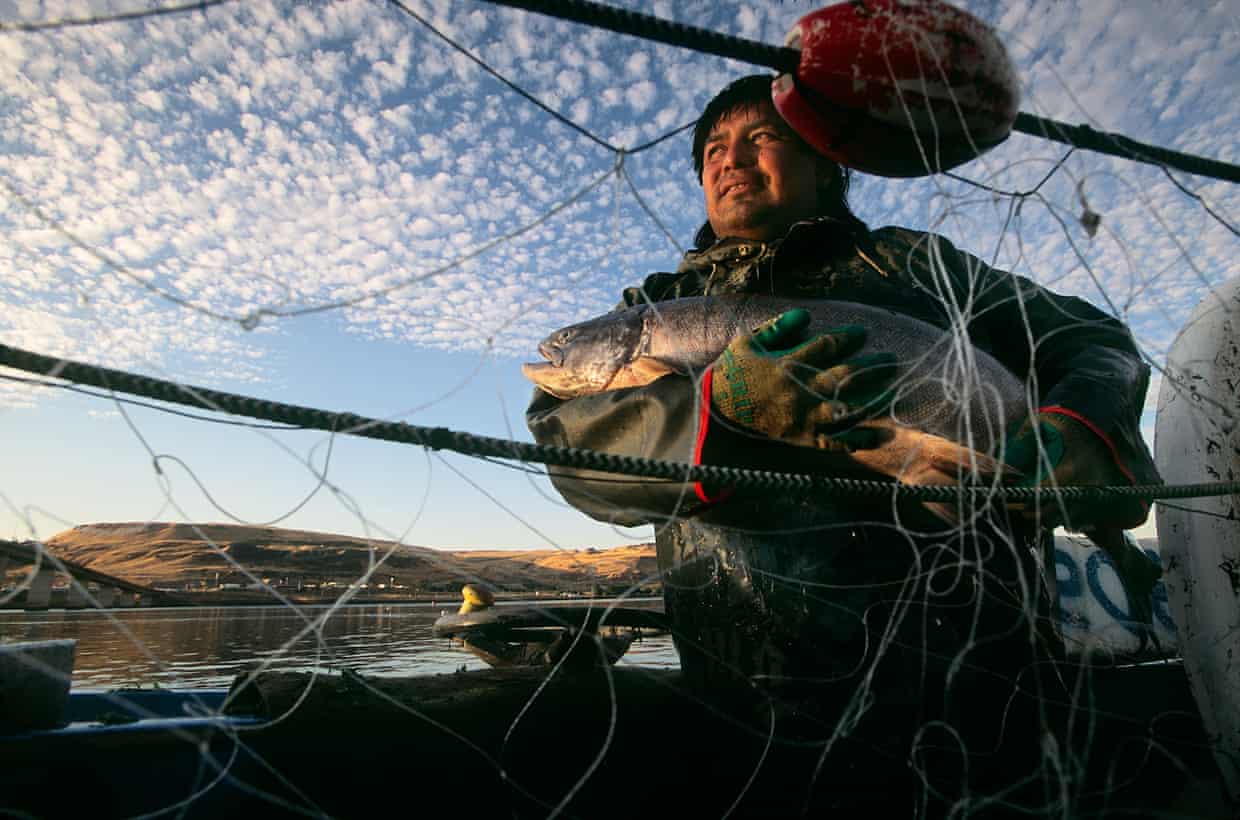
“The river was his domain,” said Jeremy FiveCrows, a spokesman for the Columbia River Inter-Tribal Fish Commission.
Begay, 51, died on 24 April from complications related to Covid-19. In his passing, the Columbia River lost one of its most ardent protectors. The native tribes that fish the river and live along its banks lost a leader. And a family lost a husband and father who always put them first.
Begay worked for 22 years for the Columbia River Inter-Tribal Fish Commission, an organization that oversees policy and fisheries services for the Yakama, Warm Springs, Umatilla and Nez Perce tribes. As a senior fishery technician, he was the organization’s eyes and ears on the river, FiveCrows said. “He just always had a humorous story, and never took himself seriously,” FiveCrows said.
“He was the ultimate tour guide because he loved what he did.”
Begay, a member of the Yakama tribe nation, lived in Celilo Village, a small unincorporated Native American community about 90 miles east of Portland. He was a leader in the community, FiveCrows said, taking part in powwows, the annual First Salmon Feast, and the annual lamprey harvest.
The river’s salmon and lamprey hold cultural and spiritual significance to the local tribes, and Begay was committed to ensuring that their tradition of fishing would continue. “He had a belief that if people understood more about the tribal culture, they would be more understanding of where the tribes were coming from and why it should be important for everyone to protect the river and the salmon,” FiveCrows said.
One of Begay’s favorite stories to tell was about encountering a sea lion at Sea World that he swore recognized him from his time hazing sea lions along the river.
Begay would never hurt the sea lions, but he would fire off little firecrackers to spook them off. He’d come to recognize the repeat offenders, FiveCrows said – and supposedly, the repeat offenders had come to recognize him.
“One day, he and his family were on vacation at Sea World in Florida and he said they walked to the sea lions and all of the sea lions were going all over the place, but one just wouldn’t take his eyes off him,” FiveCrows said, laughing. “Bobby just said, ‘I knew that was the one. My mortal enemy.’”
Begay is survived by his wife, Megan, and his children Daisy, Steven, Jackie and Henry. – VH